Lusaka, the bustling capital of Zambia, offers a unique blend of urban energy and cultural heritage. As the country’s largest city, it serves as a hub for politics, commerce, and tourism. From its historical sites to vibrant markets and natural attractions, Lusaka provides an authentic African experience for travelers seeking adventure and cultural immersion.
📊 Key Facts About Lusaka
| Attribute | Details |
|---|---|
| Official Language | English |
| Population | Approximately 3.47 million (2025) |
| Area | Approximately 360 km² |
| Country | Zambia |
| Continent | Africa |
| Local Time | UTC +2 |
| Currency | Zambian Kwacha (ZMW) |
| Plug Type | Type C, D, and G |
| Average Annual Temperature | Approximately 20°C (68°F) |
| Climate | Subtropical with a rainy season from November to April |
| Vegetation | Miombo woodland and savanna |
| Main Economic Activities | Commerce, agriculture, mining, and manufacturing |
| Country Code | +260 |
| City Phone Code | 211 |
🏛️ Top Tourist Attractions
- Lusaka National Museum: Showcases Zambia’s cultural history and contemporary art.
- Munda Wanga Environmental Park: A botanical garden and wildlife sanctuary.
- Kabwata Cultural Village: Offers traditional crafts and cultural performances.
- Lusaka City Market: A bustling market with local goods and produce.
- Chaminuka Lodge and Nature Reserve: Combines art, wildlife, and hospitality.
✈️ How to Get to Lusaka
Lusaka is accessible via:
- Air: Kenneth Kaunda International Airport (LUN) connects Lusaka with major cities worldwide.
- Road: Well-maintained highways link Lusaka to neighboring countries and cities.
- Bus: Intercity buses operate regular routes to and from Lusaka.
🚍 Transportation Tips
- Minibuses: Common and affordable for short distances within the city.
- Taxis: Available but agree on fares beforehand as meters are uncommon.
- Car Rentals: Available for travelers preferring self-drive options.
- Walking: Suitable for short distances in central areas.
🏨 Accommodation Options
Lusaka offers a range of accommodations:
- Budget: Hostels and guesthouses starting from $20 per night.
- Mid-Range: Hotels offering comfortable amenities from $60 per night.
- Luxury: High-end hotels and lodges starting from $120 per night.
🍽️ Culinary Delights
Experience Lusaka’s diverse culinary scene:
- Nshima: A staple maize dish served with various relishes.
- Chikanda: Known as African polony, made from wild orchids and groundnuts.
- Grilled Meats: Commonly served at local eateries and street vendors.
- International Cuisine: Available at various restaurants catering to diverse tastes.
☕ Cafés and Restaurants
- The Deli: Offers a mix of local and international dishes.
- Mint Lounge: Known for its ambiance and diverse menu.
- Marlin Restaurant: Specializes in seafood and fine dining.
📜 Historical Overview
Lusaka became the capital of Zambia in 1935, replacing Livingstone. The city has since evolved into a political and economic hub, reflecting the country’s journey from colonial rule to independence in 1964.
🏘️ Districts and Neighborhoods
Key areas in Lusaka include:
- Woodlands: A residential area with shopping centers and schools.
- Roma: Known for its upscale residences and embassies.
- Kabulonga: Features luxury homes and international schools.
- Garden Compound: A densely populated area with vibrant street life.
🌄 Geographical Highlights
- Chongwe River: A tributary of the Zambezi River near Lusaka.
- Leopards Hill: Offers scenic views and is home to the Leopards Hill Memorial Park.
- Lower Zambezi National Park: Accessible from Lusaka for wildlife safaris.
🎭 Notable Personalities
- Kenneth Kaunda: Zambia’s first president and a key figure in the country’s independence.
- Maiko Zulu: A renowned Zambian reggae artist and activist.
- Chanda Mwale: A celebrated Zambian comedian and actor.
🌐 Neighboring Cities and Countries
- Livingstone: Home to the Victoria Falls, approximately 480 km south of Lusaka.
- Ndola: An industrial city in the Copperbelt Province, about 320 km north of Lusaka.
- Zimbabwe: Shares a southern border with Zambia, accessible via road and air.
💡 Insider Tips
- Currency Exchange: Use official exchange bureaus or banks for currency conversion.
- Safety: Exercise caution, especially at night; avoid displaying valuables.
- Health: It’s advisable to take malaria prophylaxis and ensure vaccinations are up to date.
- Local Etiquette: Greeting with a handshake is common; showing respect to elders is valued.
🎨 Cultural Experiences
Immerse yourself in Lusaka’s vibrant culture through various activities:
- Zamrock Revival: Explore the resurgence of Zamrock, Zambia’s psychedelic rock genre from the 1970s, through local music venues and festivals.
- Traditional Dance Performances: Attend cultural shows at venues like the Lusaka Playhouse to witness traditional Zambian dances.
- Art Galleries: Visit galleries such as the 37d Gallery to appreciate contemporary Zambian art.
🎉 Festivals and Events
Experience Lusaka’s lively festivals:
- Pamodzi Carnival: Held annually at the Lusaka Show Grounds, showcasing the diverse cultures of Zambia through music, dance, and food.
- Zambia Agricultural and Commercial Show: An annual event featuring exhibitions, entertainment, and agricultural showcases.
🛍️ Shopping Destinations
Discover local crafts and products:
- Soweto Market: A bustling market offering a variety of goods, from fresh produce to handmade crafts.
- Arcades Shopping Mall: A modern shopping center with international brands, restaurants, and cinemas.
🧳 Travel Tips
- Visa Requirements: Check with the Zambian embassy or consulate in your country for visa information.
- Health Precautions: It’s advisable to take malaria prophylaxis and ensure vaccinations are up to date.
- Currency Exchange: Use official exchange bureaus or banks for currency conversion.
- Local Etiquette: Greeting with a handshake is common; showing respect to elders is valued.
❓ Frequently Asked Questions
- What is the best time to visit Lusaka? The dry season from May to October offers pleasant weather for travel.
- Is Lusaka safe for tourists? Generally safe, but standard precautions should be taken.
- Can I use credit cards in Lusaka? Credit cards are accepted in major establishments, but cash is preferred in local markets.
- Is tap water safe to drink? It’s recommended to drink bottled or boiled water.
- Do I need a visa to visit Zambia? Visa requirements vary; check with the Zambian embassy or consulate in your country.
- What languages are spoken in Lusaka? English is the official language; Nyanja and Bemba are widely spoken locally.
- Are there any local festivals? The Lusaka July and Zambia International Trade Fair are notable events.
- Is public transportation reliable? Minibuses are common but can be crowded; taxis offer more comfort.

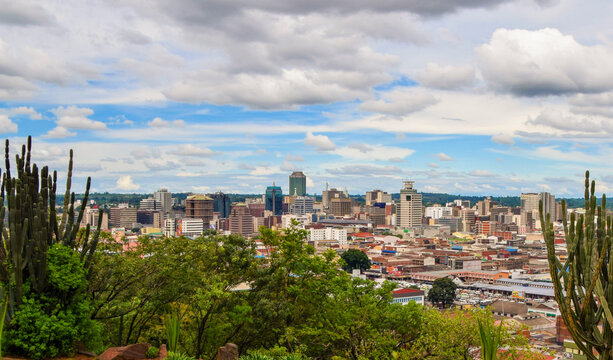
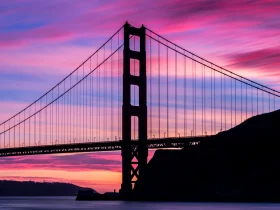

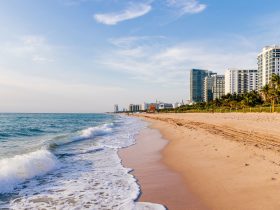
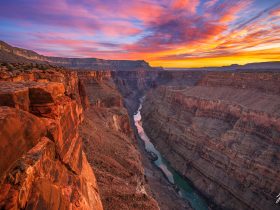
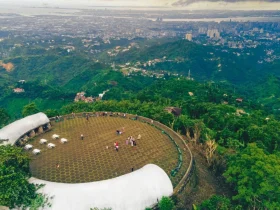
Leave a Review